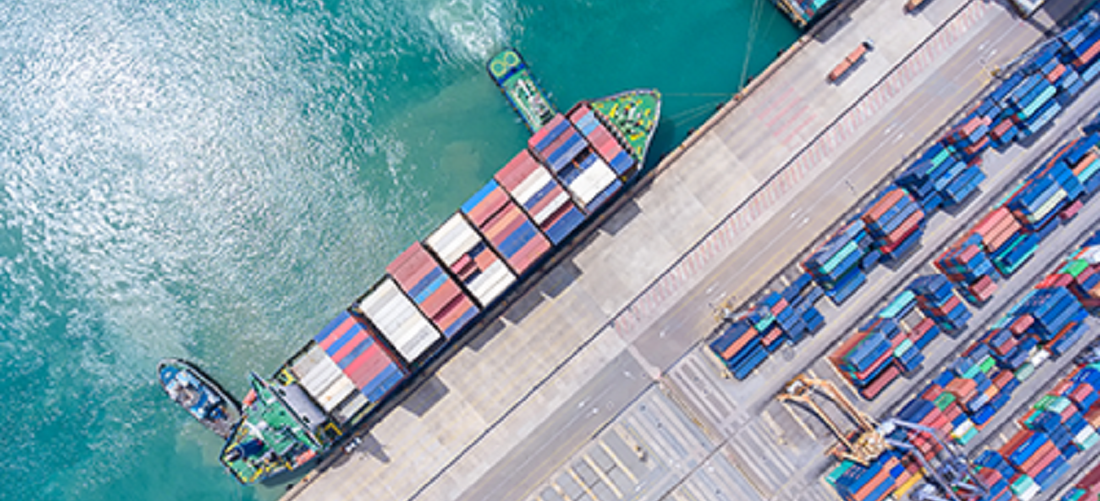
Brazil introduces flex license to simplify international trade procedures
Jun, 28, 2023 Posted by Gabriel MalheirosWeek 202325
On Wednesday (28), the Brazilian federal government issued a decree introducing the Flex License, a new instrument that enables the use of a single license for multiple import and export operations.
The Ministry of Development, Industry, Commerce, and Services (Mdic) stated that the Flex License aims to simplify procedures and reduce costs for companies engaged in international trade.
The license will be issued based on the operations’ terms, quantities, or values and can replace numerous documents, streamlining the process.
According to the ministry, companies importing products such as photovoltaic cells or automotive wheels could save approximately BRL 7,700 per year or BRL 30,600 over four years, assuming that is the validity period of the Flex License granted. In comparison, under the previous system, bringing these products into Brazil three times a week would require 144 documents per year and 576 documents over four years, costing R$53.53 for each of them.
Additionally, the decree mandates that public bodies and entities must exclusively use the Siscomex Foreign Trade Integrated System to submit forms, documents, data, or information. This requirement will be implemented by September 1, 2023, for exports and by March 1, 2024, for imports.
Introducing the Flex License and the centralized use of the Siscomex portal aims to streamline trade procedures, reduce bureaucracy, and enhance efficiency in Brazil’s international trade operations.
Source: Valor Econômico
To read the original news report, visit: https://valor.globo.com/brasil/noticia/2023/06/28/decreto-cria-licena-que-pode-ser-usada-em-mltiplas-operaes-de-exportao-e-importao.ghtml
-
Ports and Terminals
May, 14, 2019
0
Itajaí and Navegantes dredging ends in disappointment
-
Other Logistics
Oct, 22, 2020
0
Santos Brasil inaugurates new distribution center in São Paulo state
-
Mar, 02, 2023
0
Port of Suape covers ESG agenda at Intermodal 2023
-
Trade Regulations
May, 29, 2024
0
Abicalçados: “New 20% Tax on Digital Platforms Partially Addresses Industry Concerns”

